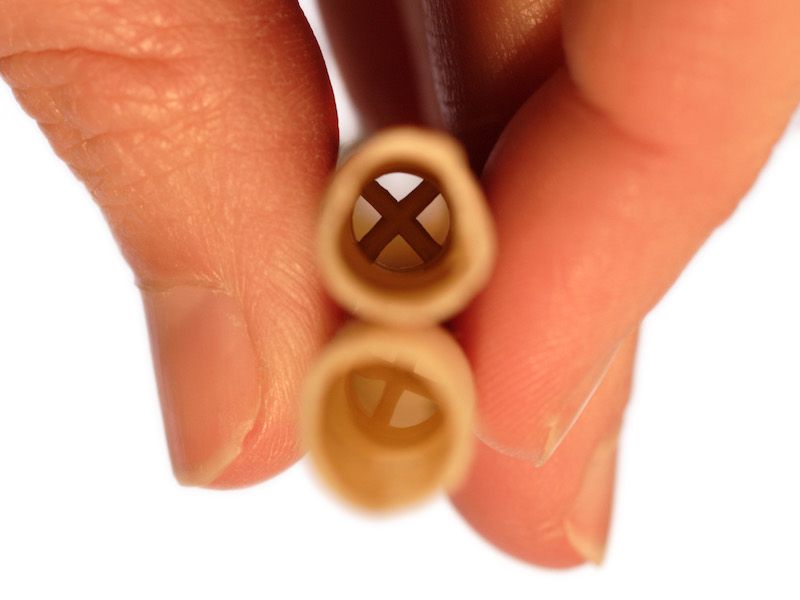
There’s a persistent idea in some circles that a practice known as “ear candling” is a good way to reduce your earwax. Does ear candling work and what is it?
Is Ear Candling Effective?
Spoiler alert: No. No, they don’t.
Why then, does this bit of pseudo-science keep burrowing its way into the heads of otherwise reasonable human beings? That’s a tough question to answer. But although the logical decision is fairly clear, understanding more about the risks of earwax candling will help us make an educated choice.
What is Earwax Candling?
So here’s the basic setup: Perhaps you have too much earwax and you aren’t quite sure how to eradicate it. You know you aren’t supposed to use cotton swabs (which is good, cotton swabs are not an ideal way to clean out your ears, in general). So, after doing some investigate, you discover a technique called earwax candling.
Here’s how earwax candling theoretically works: You create a pressure differential by cramming the candle into your ear, wick side out. The wax inside of your ear, then, is pulled outward, towards the freedom of the open world. In theory, the pressure difference is enough to break up that might be clogging up your ear. But this hazardous practice is not a good means of cleaning your ears.
Why Doesn’t Ear Candling Work?
This practice has a few issues, like the fact that the physics just don’t work. You would need a significant amount of pressure to move earwax around and a candle just isn’t capable of producing that kind of pressure. Second, producing that kind of pressure difference would call for some type of seal, which doesn’t happen during candling.
Now, there are supposed to be special candles used in this “procedure”. All of the wax that was in your ear can be found within the hollow part of the candle which can be broken apart when you’re finished with your 15 minutes of ear candling. But the problem is you can find this same detritus in new unburned candles also. So the entire process amounts to fraud.
Scientific analysis has been unable to prove any benefit regarding earwax candling.
So Earwax Candling Doesn’t Work, But How Safe is it?
What’s the danger in trying, right? Well, you’re looking for trouble anytime you get a hot candle around your ears. Look, it’s quite possible that you could try ear candling and walk away completely unharmed. Plenty of people do. But there are certainly hazards involved and it’s definitely not safe.
The negative effects of ear candling can include:
- You might cause significant injury when you mess around with an open flame and possibly even put your life in danger. You wouldn’t want to burn your house down, would you? It’s not worth the risk to attempt this useless technique of wax removal.
- Candle wax can also clog up your ear canal once it cools down. This can cause temporary hearing loss or, in the most serious cases, call for surgery.
- Extreme burns inside ear. Serious hearing issues and burns can be the result of getting hot wax in your ear. This could permanently compromise your hearing in the most extreme cases.
You Can Keep Your Ears Clean Without Needing a Candle
The majority of people will never truly need to worry about cleaning earwax out of their ears. That’s because your ears are really pretty good about cleaning themselves! Nevertheless, there are certain people who will have uncommonly heavy earwax production or accumulation to deal with.
If it turns out that you have too much earwax there are methods that have been proven to work safely. You could try a fluid wash, for example. Another option would be to consult a hearing care specialist for an earwax cleaning.
You should continue to stay away from cotton swabs. And you should also avoid using an open flame to clear out earwax. Earwax candling is a procedure that has no benefit and will put your ears, and your entire person, at considerable risk of damage and injury. Try burning candles for their sent or for enjoyment but not as a method to clean your ears.
